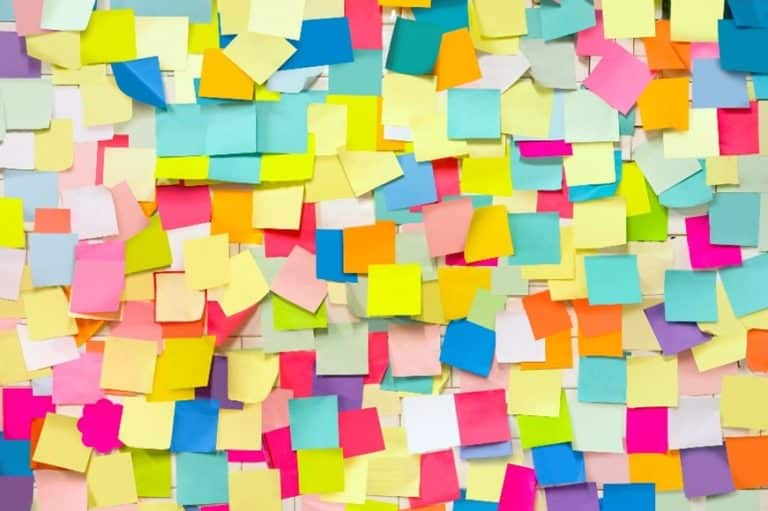3 Tricks for Smart Revision

Stuck in a rut with how to revise?
To prevent boredom and losing focus, it is helpful to have variety in your revision methods, and to try using different techniques for different types of information.
Everyone learns in a unique way, so it can be worth trying new approaches to identify what works well for you; this will help you to refine your approach for when it comes to preparing for important exams.
To get some inspiration about which methods might work for you, you may like to read our article about learning styles, and to take our Learning Styles Quiz to identify whether your dominant style of learning is visual, auditory or kinaesthetic.
1
Visual diagrams
Visual learners may find that they find it easier to remember information if it is presented through pictures and diagrams. As such, visual aids could be a good way to consolidate what you know: picturing that image in your mind can then help you recall the topic.
To include visual learning in your revision, you could try creating:
-
A mind-map, e.g. for the paragraphs of an essay plan
-
A flow-chart to show a process
-
A timeline to show the order of events
-
A numbered step-by-step guide to solving a type of problem
-
Posters to summarise different topics on the syllabus.
As a visual learner, I often used to create PowerPoint slides with lots of pictures to break up the text. In the exam, imagining the order and content of the slides would then jog my memory!
2
Revising out loud
Perhaps you are struggling to remember information for your exam, but you can remember all the words to your favourite songs without even trying! Harnessing the power of auditory learning can be an easy way to elevate your revision.
-
Explain your essay plans or topics aloud to other people
-
Record yourself doing this or simply reading from your notes or flashcards, and listen to it back
-
Reinforce difficult vocabulary or terms by saying them out loud
-
If you have set texts, listen to them on audiobook
You may also like mnemonics (like ‘Richard of York Gave Battle in Vain’ for the rainbow) – coming up with funny phrases will help them stick in your mind.

3
Kinaesthetic learning
If your dominant learning style is kinaesthetic, you might find it very challenging to sit still at a desk and try to cram information!
One idea could be to create colourful sticky notes with key pieces of information (such as dates, vocabulary, equations) and place them around your room/house where you will see them all the time. As you get used to them, you will build a connection between the information and its location. Picturing yourself walking around the house will then help you to remember the facts!
You might enjoy using flashcards in an interactive way, enabling you to associate the content with actions:
-
Having a specific order of cards, where you flick through a sequence
-
Having a consistent format, e.g. turning the card over for more detail
-
Creating a game for you to use in your revision e.g. matching pairs, or multiple choice quizzes

